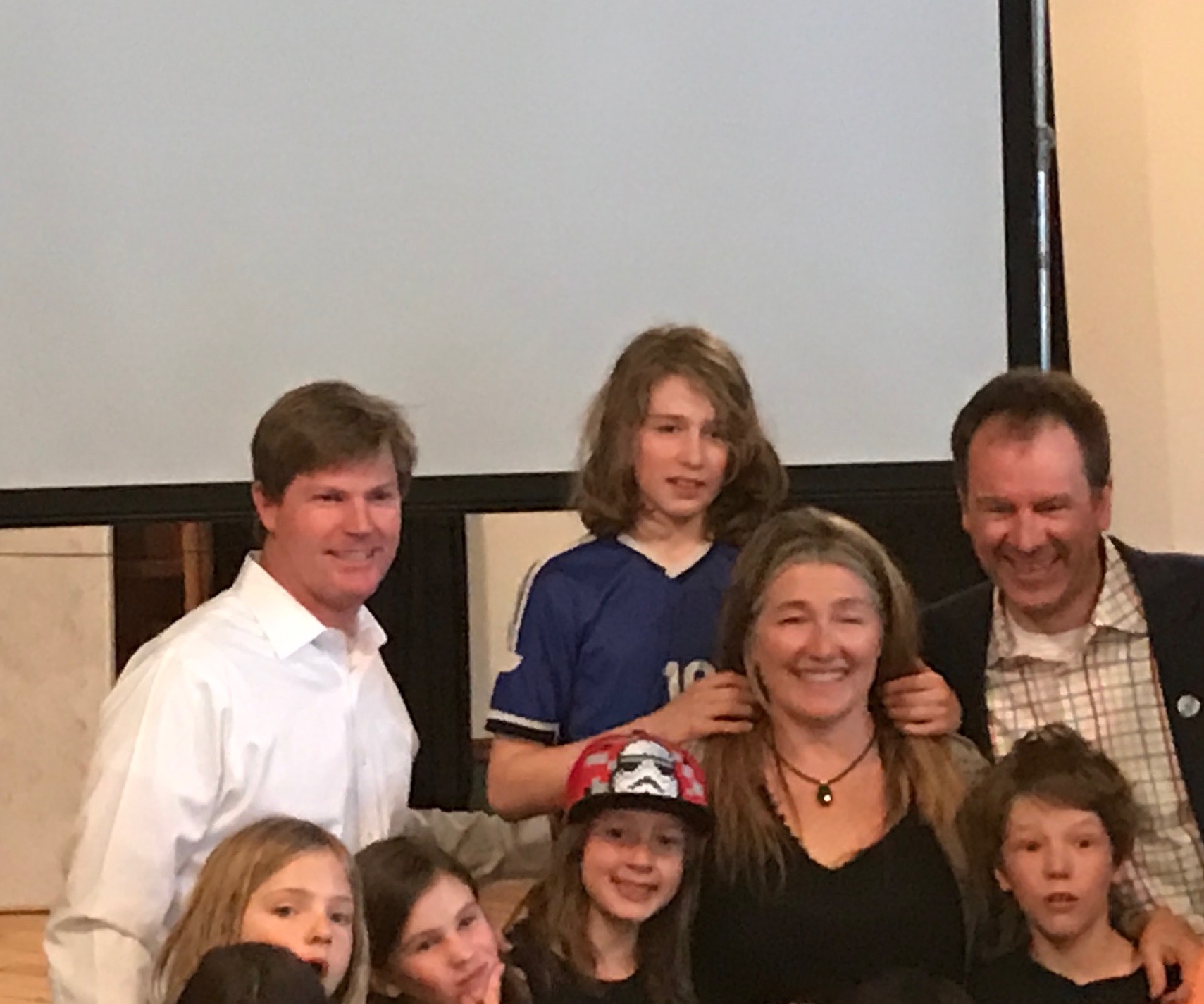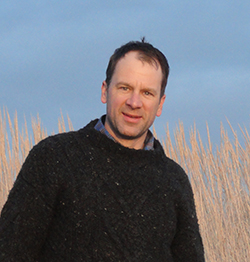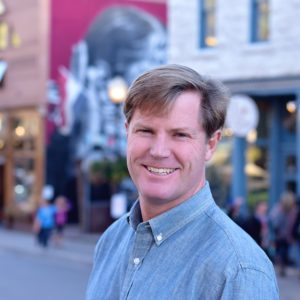
16 Mar Pinhead Climate Institute: Striving Towards A Green Telluride & Beyond
In a town as dependent on the environment for its livelihood as Telluride is, it is difficult to believe we generate nearly twice the amount of carbon per person as the national average.
That’s you and me – all of us – producing way more than our fair share of planet warming (and snow melting) greenhouse gases (GHG) that contribute to global climate change.

On “Pinheads” and Needles
In response, the Telluride-based Pinhead Institute, a Smithsonian Affiliate, whose charter has involved promoting STEM education locally and globally, is expanding its mission. Pinhead now plans to lead local climate actions that reduce green house gas emissions through its newly formed Pinhead Climate Institute (PCI).
“Telluride’s economic health is very climate dependent; we need all four seasons and we live in a very fragile alpine ecosystem,” said PCI co-founder Dr. Adam Chambers. “Too much carbon pollution in the atmosphere threatens our fragile environment and jeopardizes our economy.”

Congratulations!
As the winner of the Telluride Foundation’s $50,000 Innovation Prize Grant – which tasked contestants with developing and implementing an idea to improve life in Telluride – the PCI’s first initiative, Telluride Values: Science, Climate, Rural Economic Development, will see the nonprofit working with regional partners to create a local carbon offset market.
“Through the Pinhead Climate Institute and the Telluride Foundation Innovation Grant, we have an opportunity to assume a leadership role, locally and globally,” said Chambers.

Happy Winners
One way PCI believes its goal can be achieved in the near future is by raising local awareness about the critical role that untilled soil plays in a healthy environment. In fact, the improvement of soil health is emerging as viable near-term climate solution endorsed by proponents from the United Nations Food and Agriculture Organization to non-governmental organizations such as the Natural Resources Defense Council.
Untilled, soil is a living environment rich with microorganisms, nutrients, and worms and other critters. When healthy, it is capable of removing carbon from the atmosphere and storing it. When tilled, however, its structure and organic matter are destroyed, leaving behind dirt. Unlike soil, dirt is essentially dead – that is, void of beneficial nutrients and microbes.
Using the funds from the Innovation Prize to kick-start the initiative, the PCI will work with regional farmers and ranchers to encourage the planting of long-term, perennial pasture and hayfields (which are not tilled), and setting aside land in conservation easements. In exchange, these land uses will acquire real financial value as the carbon stored in the soil is quantified and converted into carbon credits.
These carbon credits can then be purchased by PCI as carbon offsets to neutralize some 35,000 gallons of diesel fuel burned here annually by the Galloping Goose. Offset prices currently range from $10 to $38 per metric ton, with the higher number accounting for the social costs of carbon like such as changes in net agricultural productivity, human health, and property damage from increased flood and fire risk.
“Current national offset programs don’t really benefit our local or regional economies,” explained Chambers. “If a jet flies into Telluride and purchases carbon offsets right now, that money is sent out of the community. Why not create local solutions that actually benefit the people living here?”
As a result, the region not only gets cleaner air and a healthier environment, but also farmers and ranchers improve the quality and productivity of their soil and, importantly, are compensated for their efforts.
“Once we kick-start carbon pricing and accountability, we can then direct resources toward other clean economy solutions,” said Chambers. “These solutions could include financing the premium for electric buses, or creating other offset opportunities like air travel for example.”
Beyond leading local GHG reduction initiatives, PCI also focuses on education as a means to address climate change by developing education curricula and online tutorials for rural youth, high school students, and undergraduate/graduate programs.
“We can do anything with the right partners,” said Pinhead Institute executive director Sarah Holbrooke, a former CNN producer, whose leadership help found the Pinhead Climate Institute.
Holbrooke’s co-founders are as follows:
Dr. Adam Chambers, Co-Founder, Pinhead Climate Institute:

Dr. Adam Chambers is a scientist who splits his time between Portland, Ore. and Telluride. In Telluride, he works closely with the Pinhead Climate Institute to educate young scientists and implement town-level climate actions that also encourage rural economic development. Over the past two decades, Dr. Chambers’ project work has focused on the applied sciences and reducing atmospheric pollutants (air pollutants and greenhouse gases).
He is currently working to implement conservation measures on managed agricultural lands that reduce greenhouse gas emissions and enhance carbon sequestration, providing an emerging carbon market opportunity for US landowners and agricultural producers.
Chambers received his Doctorate from the Technical University of Vienna (Austria), Master of Environmental Management from the Yale School of Forestry and Environmental Studies, and his B.Sc. from Murray State University in Kentucky.
AND…
Chris Arndt, Co-Founder, Pinhead Climate Institute:

Chris Arndt began his career in 1992 as a Research Assistant at Environmental Risk Sciences, Inc., a consulting firm based in Washington D.C. In 1994, he moved to New York City and from 1995 to 2010, he worked as an equity analyst, portfolio manager, and a partner in the firm Select Equity Group, Inc.
Arndt contributed to the significant growth of the firm over that 15-year period. As an equity analyst, he focused mostly on life science and healthcare companies.
In 2010, Arndt left Select Equity Group, Inc. to turn his attention to public policy issues, such as accelerating the adoption of clean energy. He has served as Director of the New York Chapter of Environmental Entrepreneurs (E2) and currently serves on the board of the NRDC Action Fund.
At Wesleyan University, Arndt studied economics, history, and political theory, graduating with honors in 1992.
In 2016, Mr. Arndt wrote his first book:” The Right’s Road to Serfdom.”
The Pinhead Institute is a 501(c)3 nonprofit organization and Smithsonian Affiliate based in Telluride, Colorado that educates and inspires children and adults in the greater Telluride region about the wonders of science and technology through engaging programs, direct interaction with scientists, and unique research-centered internship experiences. To learn more visit: www.pinheadinstitute.org or call 970-369-5190.


Sorry, the comment form is closed at this time.